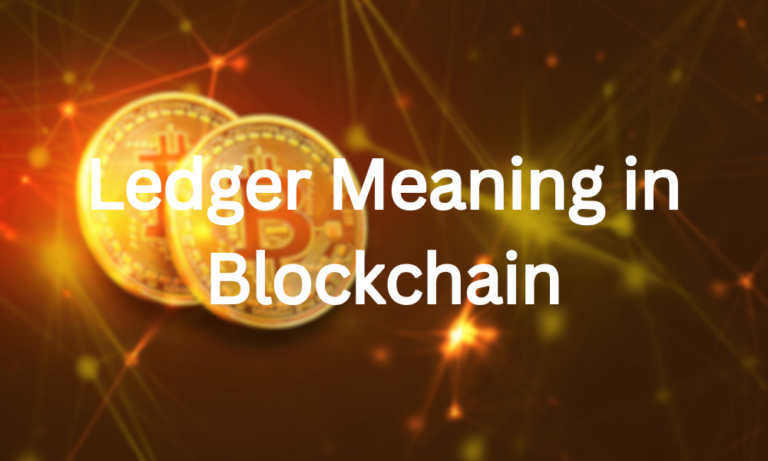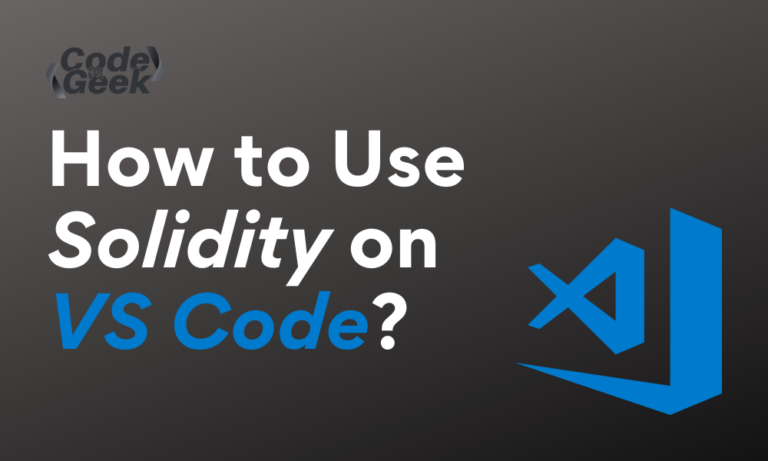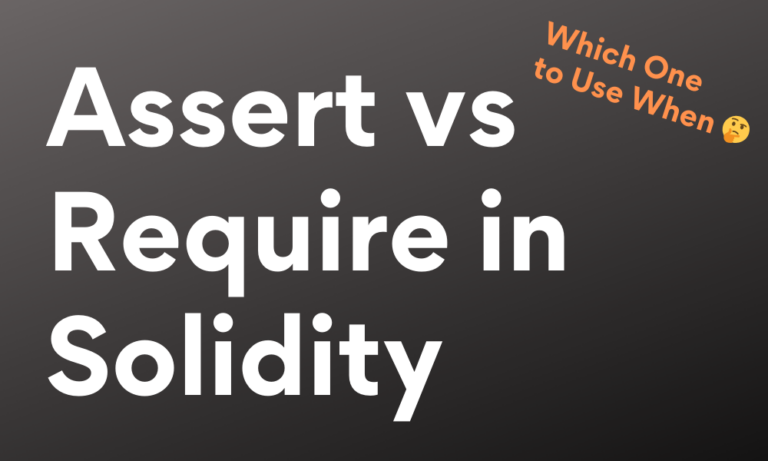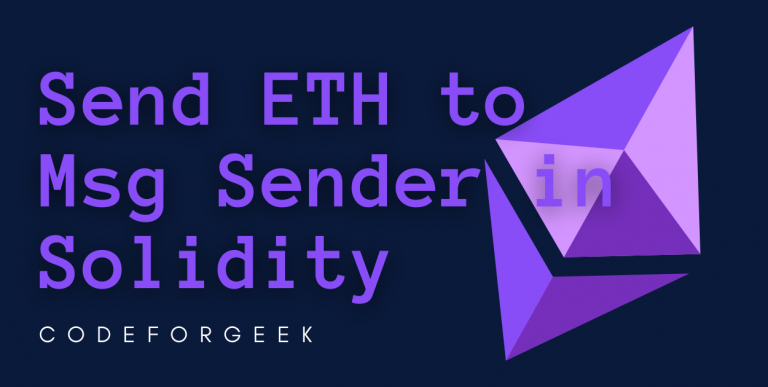New to Rust? Grab our free Rust for Beginners eBook Get it free →
Introduction to Decentralized Autonomous Organizations (DAO)
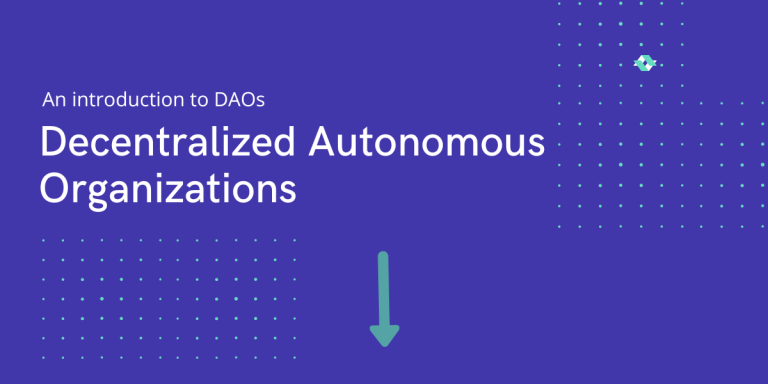
DAOs are all the rage in the blockchain world. It offers unprecedented benefits in terms of automation and allows organizations to run immutably, as a process. And because the power is spread across all its members and users, this type of organization can be useful for conducting business or managing resources in a democratic fashion.
Also read: Top 10 Industries That Can Benefit From Blockchain
What is a decentralized autonomous organization?
A decentralized autonomous organization, or DAO, is a self-governing organization that is run by its members, who are typically anonymous. There is no central authority controlling the organization; instead, it operates through a set of rules and guidelines that are agreed upon by its members.
DAOs are powered by blockchain technology, which allows them to be completely decentralized. This means that there is no single point of failure and no one person or entity can control the organization. The blockchain also ensures transparency and trustworthiness among DAO members.
There are several benefits of using a DAO, including decentralization, transparency, and trustworthiness. The democratic nature of DAOs allows for collective decision-making and equal representation among all members. Some examples of DAOs include the Decred open source project, the Dash cryptocurrency, and the MakerDAO organization.
How do DAOs work?
A DAO is built using smart contracts on the Ethereum blockchain. These contracts are used to create a decentralized autonomous organization that can be used to manage a variety of different types of organizations. These smart contracts are designed to have no central authority or control over the organization. It’s also designed to be autonomous.
DAO participants vote on proposals that are put forward by DAO organizers, and if the majority of votes are in favor, the proposal is enacted. DAO organizers can then distribute the rewards they raised through the proposal. DAO participants can exit the DAO at any time by selling their DAO tokens back to the organizers.
What are the benefits of using a DAO?
There are several benefits of using a DAO:
- Decentralization ensures that there is no single point of failure and protects against censorship or interference by outside forces.
- Transparency and trustworthiness are ensured through the use of blockchain technology.
- The democratic nature of DAOs allows for collective decision-making and equal representation among all members.
What are some examples of DAOs?
There are hundreds of DAOs and smart contracts being rolled out across the blockchain. Some of the noteworthy DAOs are:
- BitDAO
- ConstitutionDAO
- LexDAO
- Decentraland DAO
However, one of the major reasons why there aren’t enough DAOs to make noise in the world is the high technical barrier to entry. Since these organizations are immutable, developers need to be 100% certain that the contract they’re deploying is fail-proof as they cannot modify it later.
Also read: Top 5 Blockchain Real Estate Projects
Summary
In conclusion, DAOs are a powerful tool for creating self-governing organizations that are democratic and transparent. The blockchain-powered decentralized nature of these organizations ensures that there is no single point of failure and protects against censorship or interference by outside forces. DAOs can be used for a variety of purposes, such as conducting business or managing resources.
References:
- https://en.wikipedia.org/wiki/Decentralized_autonomous_organization
- https://en.wikipedia.org/wiki/The_DAO_(organization)

